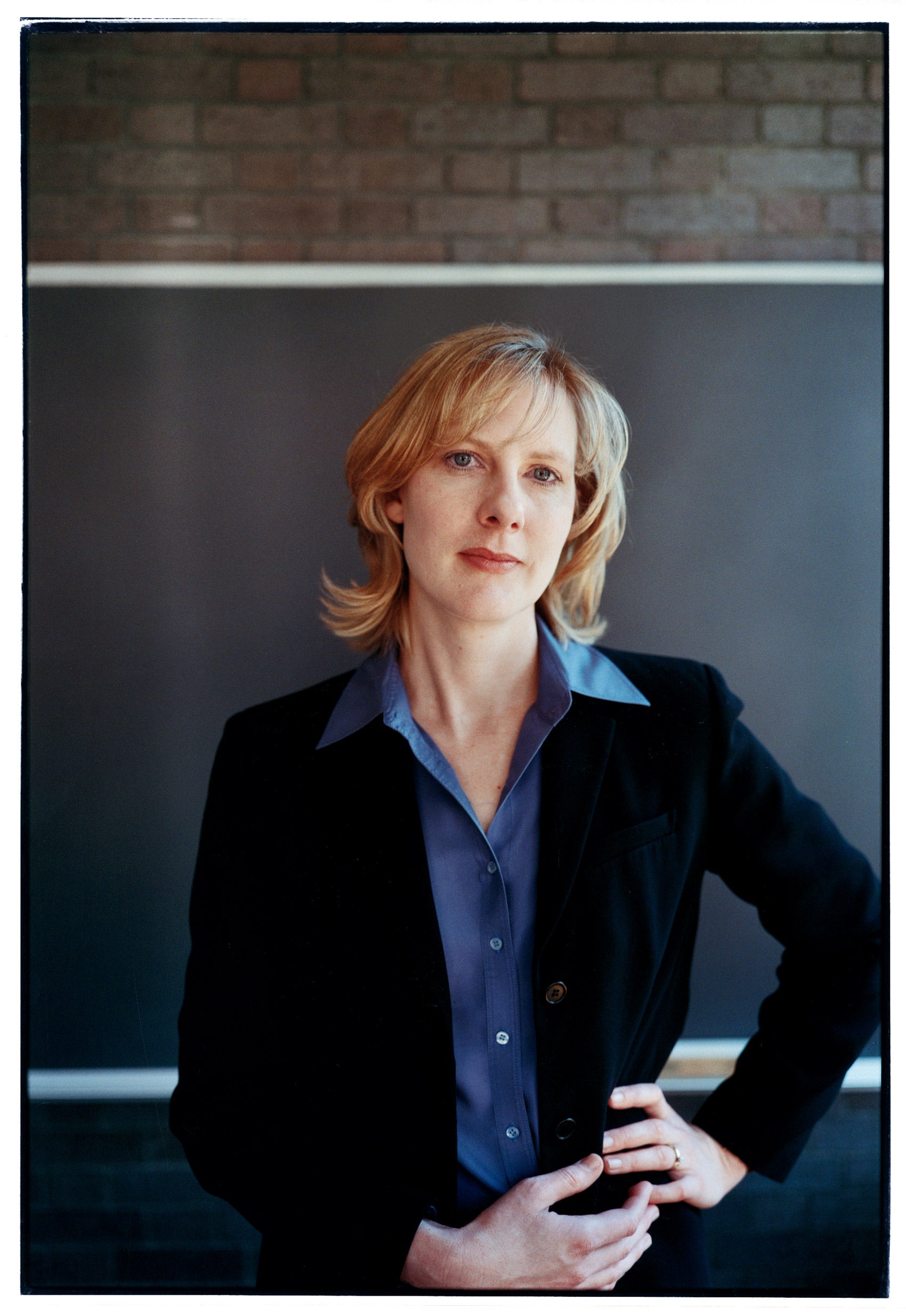Professor Heather Gerken says it can

says Heather Gerken, the minority rules.
Bulletin: You’ve recently been focusing on what you refer to as “dissenting by deciding.” What do you mean?
Gerken: We always think of dissenters as speaking truth to power. Dissenting by deciding lets dissenters speak truth with power. It takes place when would-be dissenters–those in the minority–enjoy a local majority on some decision-making body like a city council, a jury or a school committee. In such instances, dissenters have a chance to go beyond a statement of what they, in theory, would do on an issue. Instead, they get to put their views in practice and offer us a real-life example of their views.
San Francisco’s decision to marry gays and lesbians is a good example. San Francisco officials knew they were outliers in the national debate. But instead of offering just an abstract articulation of their views on gay marriage, they showed us what gay marriage would really look like in practice. I think that decision altered the political landscape in a way that conventional dissent had never done. We now have a concrete practice, not just an abstract issue, to debate.
What’s the difference between dissenting by deciding and taking the law into your own hands?
Just because a group of people does something the majority would reject doesn’t make it lawless. Think about juries. Juries engage in nullification, often in instances where the majority of the community would take a different view. But the jury plainly is acting lawfully–that is, it is legal to nullify. And there are lots of instances where the majority grants a state or a city or a school committee leeway to decide, and the decision ends up looking different from the one the majority contemplated. Using the power you’ve been given to do something different from the majority is not lawless. That’s what makes dissenting by deciding different from civil disobedience, where breaking the law is the form dissent takes. Here, dissent takes the form of a lawful decision.
And in most of these instances, the majority can decide not to give that power away. Or it can overrule the decision.
Does this kind of dissent risk creating a backlash?
Dissenting by deciding always poses the risk of going too far in the majority’s eyes, and it thus always creates the risk of backlash–some people think that’s what happened with San Francisco’s gay marriage decision. But dissenting by deciding is also a particularly useful tool for average citizens to use to put their issues on the political agenda, to level the playing field a bit: They can draw attention to their concerns even though they may not have money or the majority behind them.